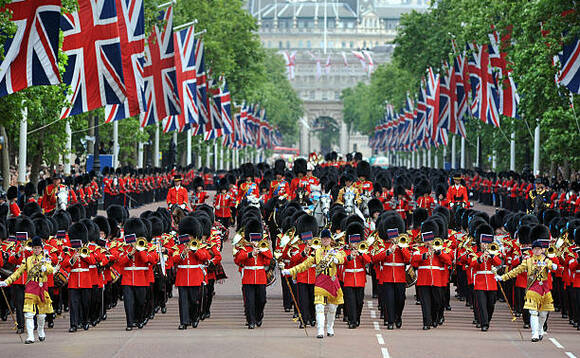Life expectancy at older ages has increased sharply since The Queen's accession to the UK throne 70 years ago, according to analysis of official figures by retirement specialist Just Group.
The average 65-year-old man in 2022 is now expected to live to age 85.6, which is more than nine years longer than in 1952. And the average 65-year-old woman today is forecast to live to age 88.2, nearly eight more years.
"For every eight days of Her Majesty's rule, male life expectancy at age 65 has risen by one day on average. For women, there has been a one-day gain in life expectancy at age 65 for every nine days The Queen has been on the throne. These are remarkable figures," said
Stephen Lowe, group communications director at retirement specialist Just Group.
Lowe continued: "Rising life expectancy at older ages has been one of the defining characteristics of The Queen's reign.
Many gains in overall life expectancy early last Century were driven by falling infant mortality and rapidhealth improvements among the younger population. However, during The Queen's reign there have been rapid improvements in life expectancy among older adults too for a host of reasons such as better treatment for conditions of later life such as heart disease and cancer.
Lowe further said that the overall figures showing longer lives are positive, but they also place greater pressure on the State and individuals to fund those longer lives beyond work.
"State Pension age is being pushed back, the later life care market is struggling, and there are concerns about some groups of people who don't seem to be sharing the benefits of rising life expectancy.
"We can't afford to be complacent that these gains will continue. Life expectancy is higher in many other countries so we know we can do better. As people celebrate The Queen's Platinum Jubilee, it's good to look back at the progress that has been made during these last 70 years because it shows how our efforts could shape the future."





